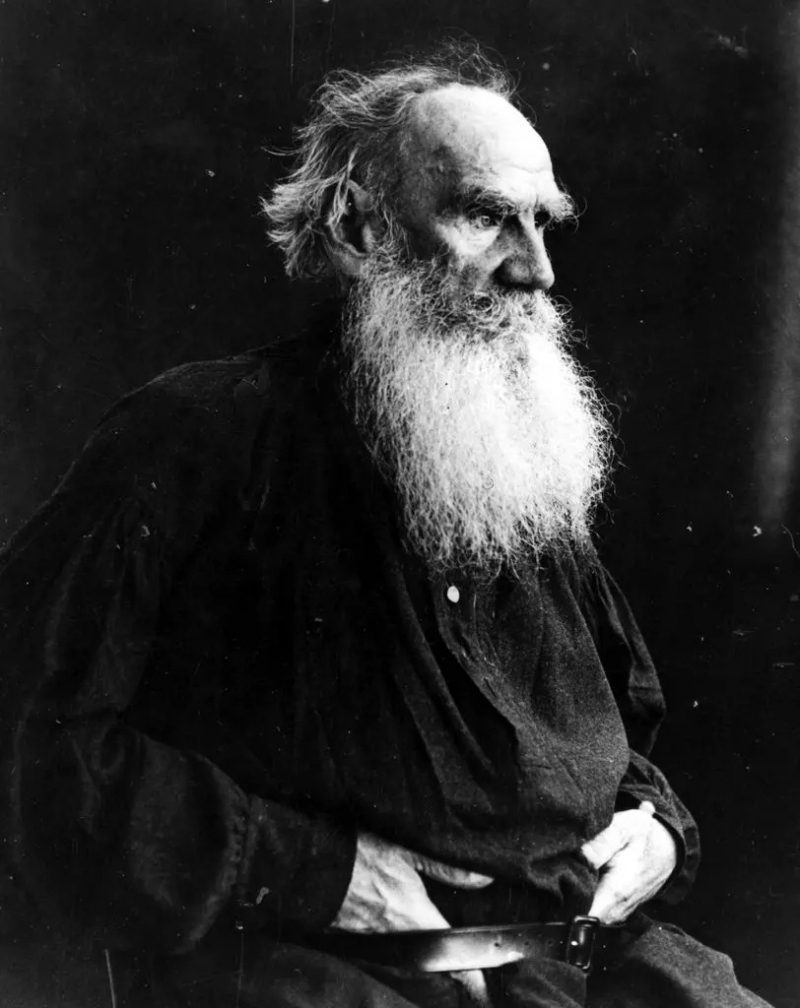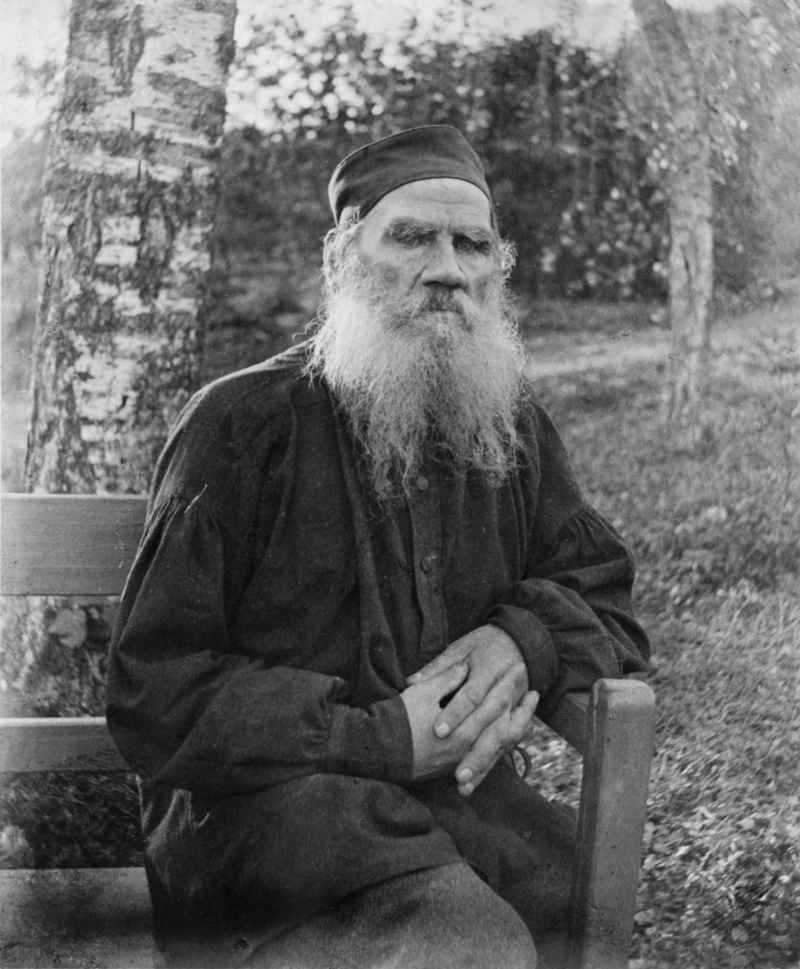The Russian Orthodox Church excommunicated him
The decision of Tolstoy to leave the church was made voluntarily. Tolstoy was a Christian, had been baptized, and had maintained a lifelong faith in God. But over time, he began to disagree with certain of the Russian Orthodox church's tenets. Tolstoy was naturally outspoken about his views because he was a writer.
After the successful release of "Anna Karenina" in the 1870s, Leo Tolstoy experienced a series of emotional and spiritual crises that ultimately led him to doubt his belief in the tenets of organized religion, which he saw as corrupt and at odds with his interpretation of Jesus Christ's teachings. He also grew increasingly uncomfortable with his aristocratic background and ever-increasing wealth. The author dared to compose his own interpretation of the hallowed history of the New Testament. In addition, Tolstoy wrote a serious work on the study of the New Testament that was over 800 pages long and in which he strongly opposed the core principles of Christianity, occasionally used profanity, and undermined the contemporary clergy in every way possible.
Because of his rejection of religious practices as well as his criticisms of the state's function and the idea of property rights, Leo Tolstoy was headed for conflict with Russia's two most potent institutions. He was placed under police monitoring despite coming from a noble family, and the Russian Orthodox Church excommunicated him in 1901.












